Community Organising for Justice, not just Charity course
How can embracing Community Organising as a spiritual practice enable us to relinquish the notion that we, as church, ‘know what’s best’ for our communities? Join us for morning prayer, followed by an opportunity to share your breakfast in theological discussion and reflection with others. This event is organised in partnership with Citizens UK (www.citizensuk.org)
Community Organising in the UK is a fast-growing methodology for working through diverse alliances for change and justice in our communities. But it is also a potent force for leadership development, vocational discernment and congregational development and growth. Most mainstream churches – especially in the established church – are steeped in models of philanthropy and charity. We assume that the church’s job is to ‘meet the needs’ of those in our communities. By contrast, Community Organising works to the so-called ‘Iron Rule’ – ‘Never do for others what they can do for themselves’.
This is the third session in a three-part series beginning 7 February 2024.
This session will dig deeply into the Iron Rule in practice. What is the potential in embracing it? And what are the challenges?
About the Tutors
Alison Webster is a practical and mission theologian who offers spiritual accompaniment. She is General Secretary of Modern Church, and leads the Exploring Theology programme at Sarum. An experienced group and workshop facilitator, Alison has a particular passion for using the arts to encourage personal and social transformation. She has written widely on social justice, community organising and social action within an Anglican context for many years and is of Methodist heritage. Alison has published four books, most recently, Found Out: Transgressive Faith and Sexuality (DLT 2017), along with numerous articles and resource books. She is founder (and now emeritus) editor of two international journals, Theology and Sexuality, and Political Theology.
Keith Hebden spent seven years as a Secondary School teacher in Leicester and then London where he was Head of R.E. then trained at to be a priest in the Church of England, serving in Gloucester and Mansfield. He then spent two years as Director of the Urban Theology Unit before retraining as a Community Organiser – work he was engaged in since 2009 – and now support a team of Organisers work with Thames Valley Citizens and a national Living Wage campaign.

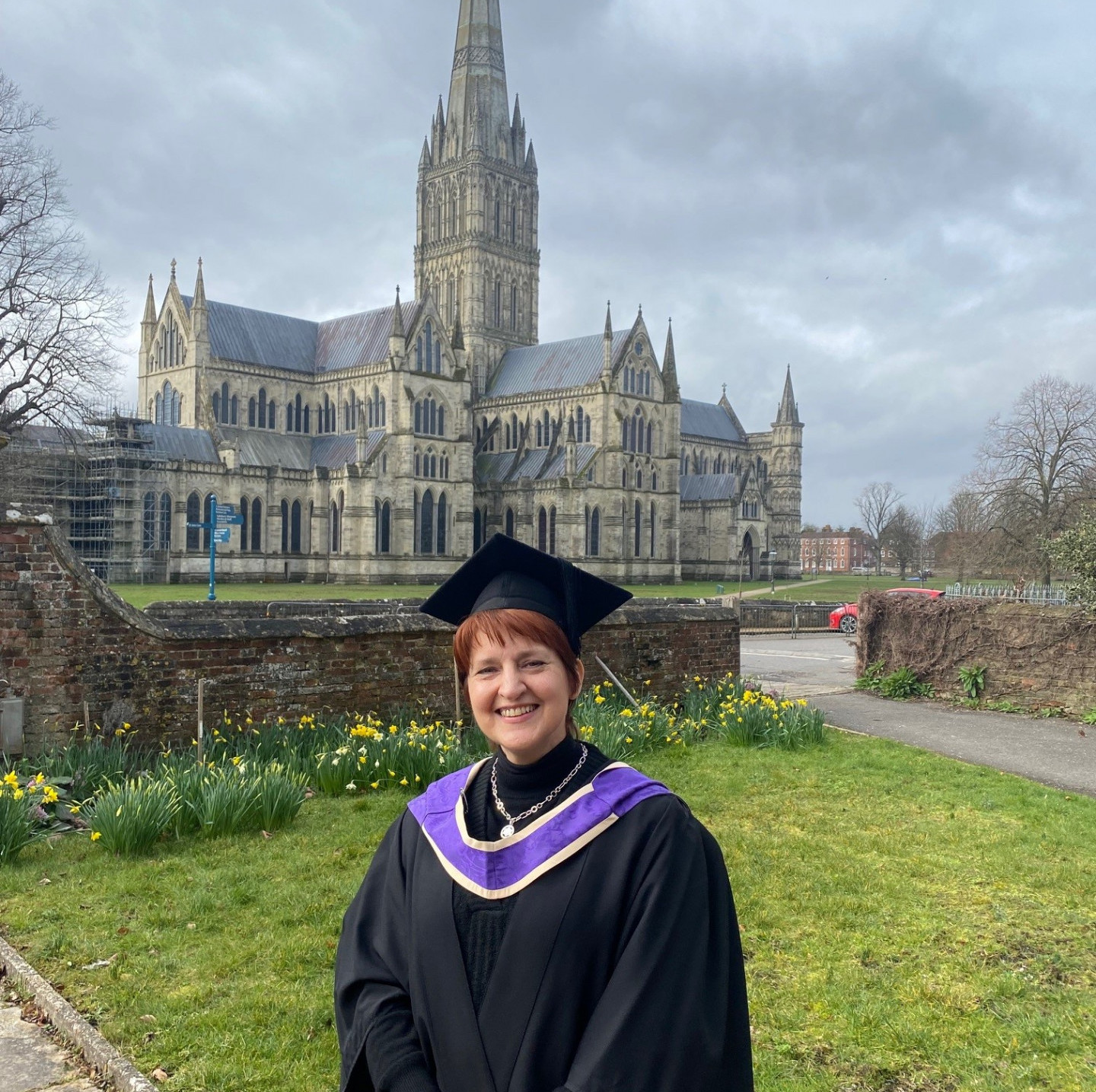
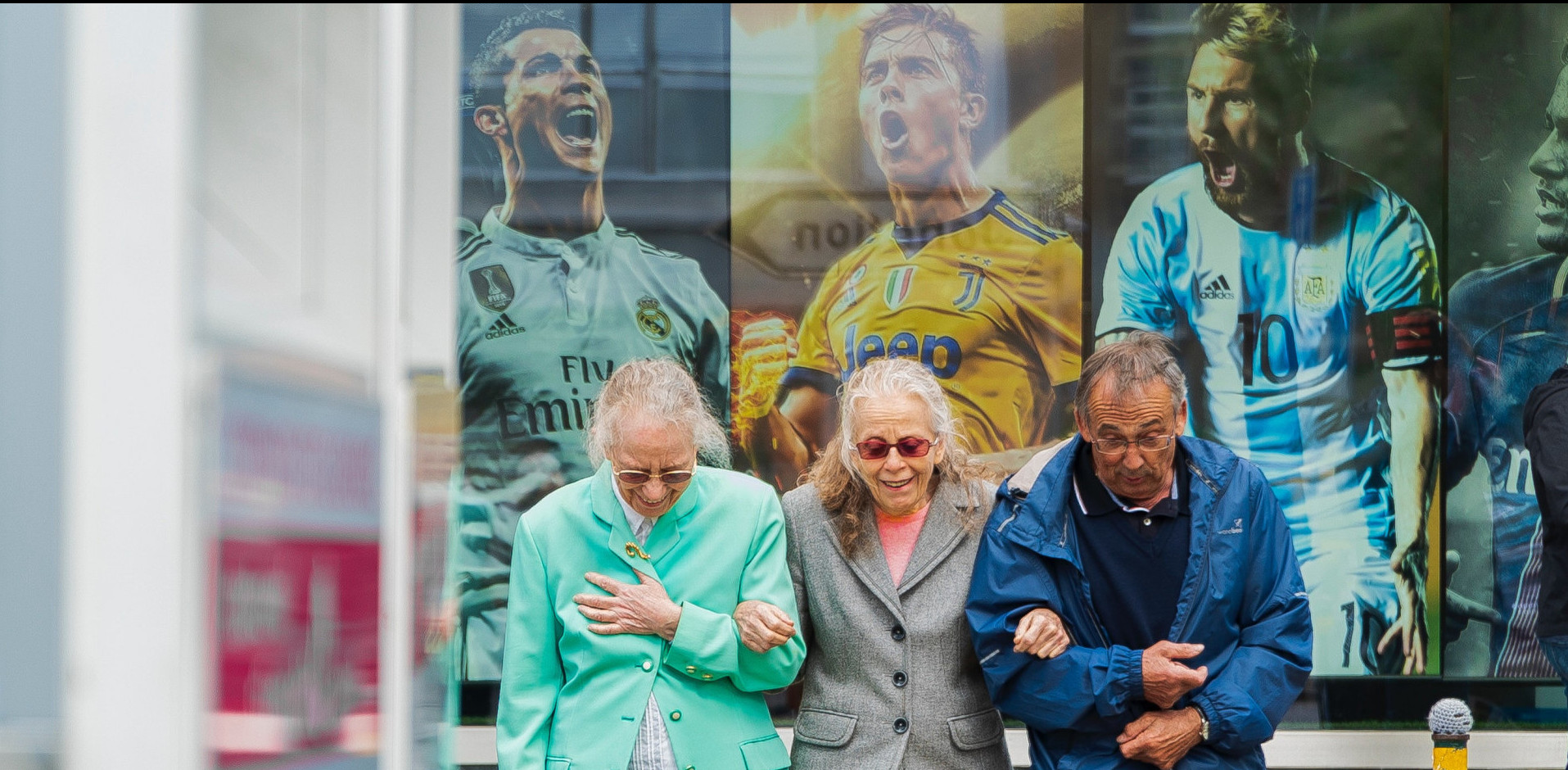

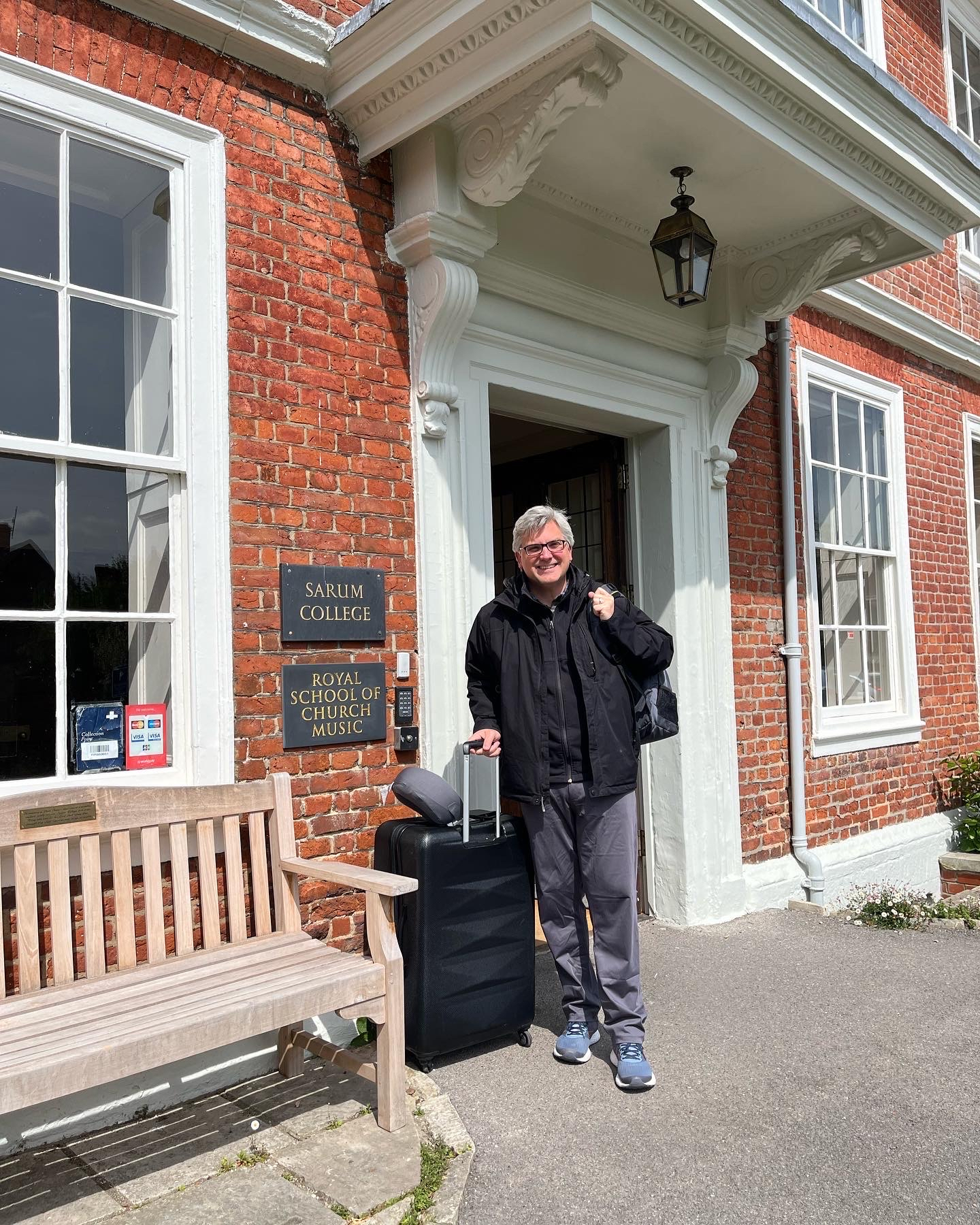
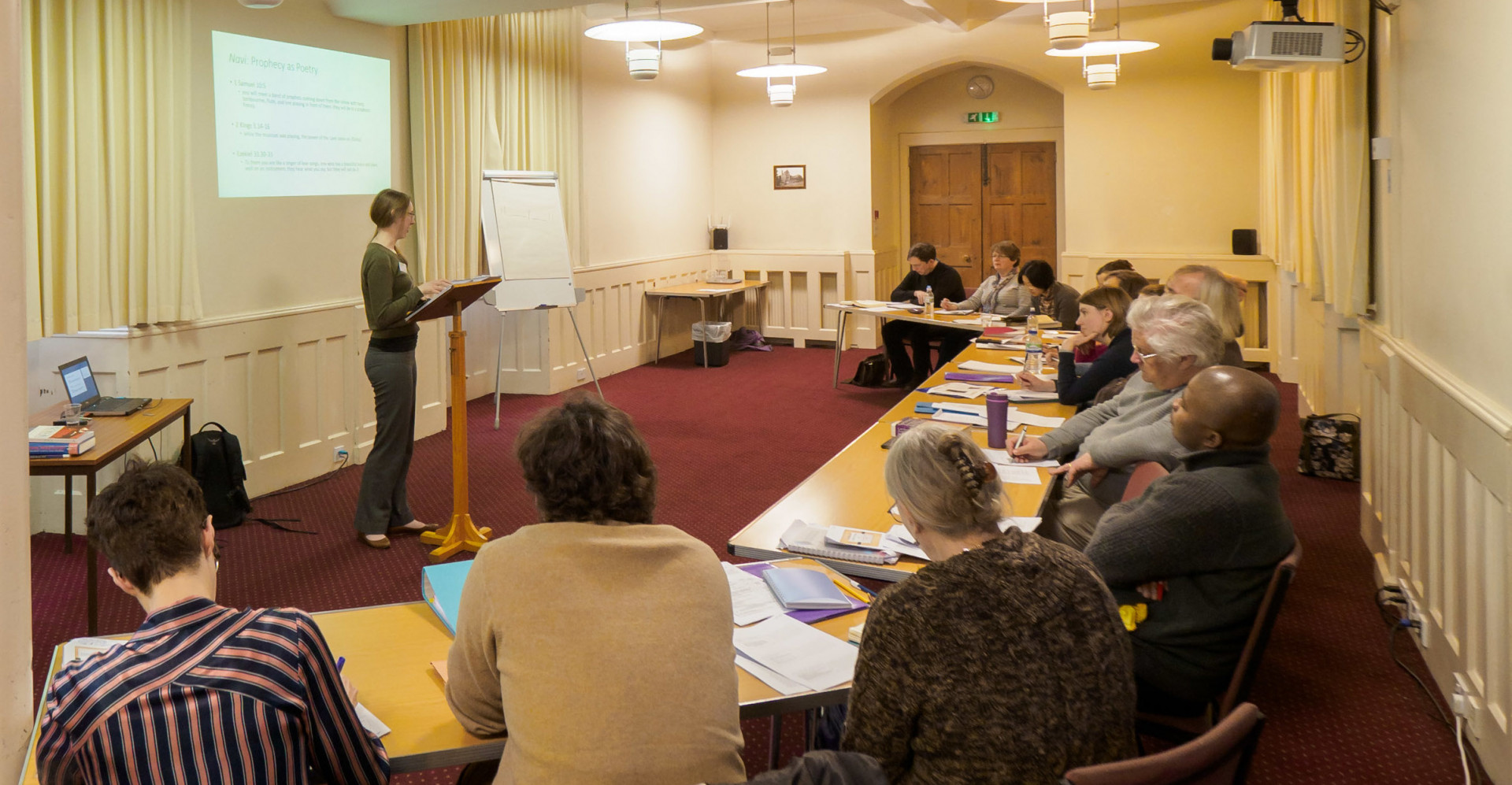
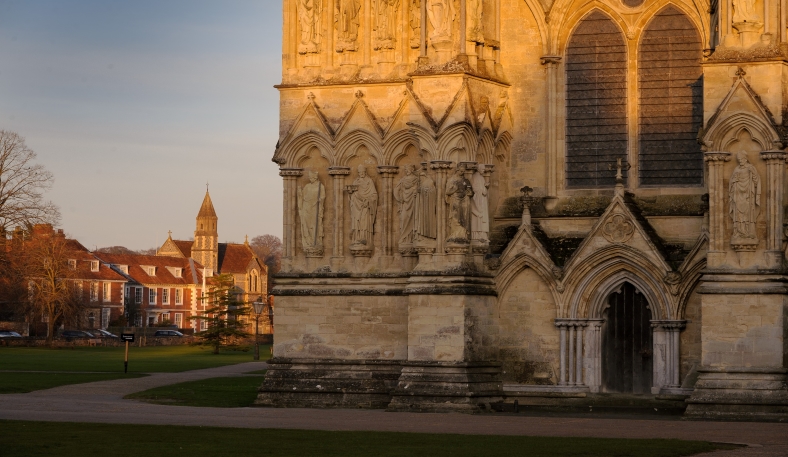






Leave a Reply